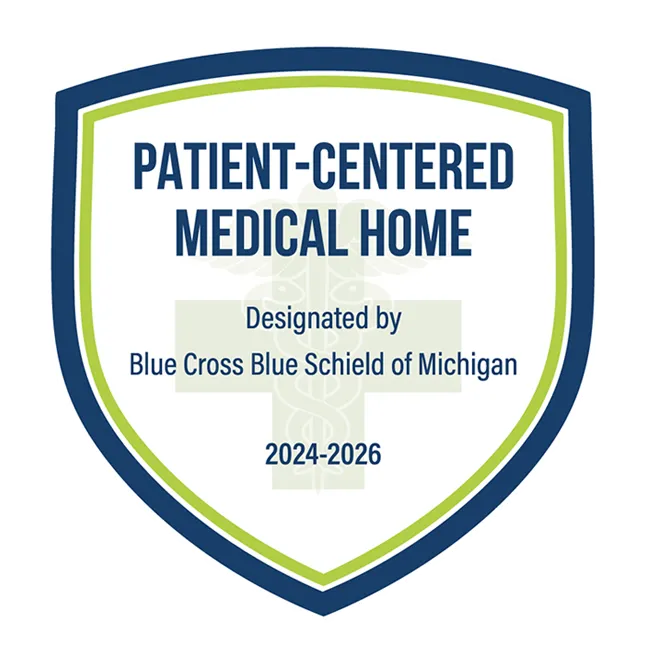


While you often may use the terms "butterflies in the stomach" and "gut-wrenching," you may not realize you are expressing the sensations in your gut when a particular thought occurs in your brain. While a delightfully exciting thought causes a pleasant feeling in the stomach, the idea of something horrific can cause your gut to wrench. It means that your gut and brain are connected.
In this blog, we'll explore the connection between digestion and your mental health. It discusses how the gut and brain are connected, why they are connected, the types of bodily functions they affect, gut-brain conditions and disorders, and their care.
The brain is connected to all the body parts, but the maximum exchange of information that your brain has is with your stomach. They are connected physically and biochemically in several ways and are known to impact each other's health. A healthy gut means mental well-being and vice versa.
Outside the brain, most nerve cells are in the stomach. This further facilitates the communication between these two vital organs in the body.
The gut-brain axis is the communication network that links your gut and brain. It includes:
Your brain has over 100 billion neurons, the fundamental units of the brain and the nervous system, also called nerve cells. Your gut, too, has nearly 500 million neurons that connect it to the brain.
The vagus nerve is one of the most prominent nerves that links the gut to the brain. It is bi-directional, which means it sends and receives signals to and from the gut and the brain and plays a vital role in the gut-brain axis.
The gut-brain connection also has a neurotransmitter-based biochemical link. Serotonin, a neurotransmitter that stimulates a long-lasting feeling of happiness and well-being inside you, is produced both in the gut cells and the brain.
Also, the microbes in the gut produce various chemicals that affect brain health. They metabolize fiber, bile, and amino acids to produce different chemicals, including short-chain fatty acids that reduce appetite.
The gut microbes in the digestive system impact your immune system by controlling what passes through the stomach. Long-term stress on the immune system can cause inflammation linked to specific brain disorders, such as depression and Alzheimer's disease.
The gut-brain connection is critical to human survival. What you eat significantly impacts your overall wellness, including your mental and emotional health. The gut-brain connection ensures that your body receives the vital nutrients needed to function at its optimum level through the right kind of food.
If you eat something that can potentially cause harm, your brain triggers an alarm. The emotional part of your brain triggers this alarm that causes a physical reaction in the gut. If the physical sensations that you experience are intense, it may lead to increased stress and an even stronger emotional response.
The gut-brain axis has some significant components that can affect how your body functions. They include:
It also works closely with the endocrine system and your immune system, creating a wide network of communication. This strong multi-level gut-brain connection can also be referred to as a mind-gut connection as it impacts several of your bodily functions connected to the mind and the digestive system, including:
Your gut-brain connection can cause a broad spectrum of health conditions, including physical and mental aspects. They include:
Gut and brain disorders impact both your physical and mental health. You can take specific proactive measures to improve gut health, which will positively impact your mental health. You can do so by eating plant-based whole foods that are rich in:
However, you must consult your primary healthcare provider if you need medical care. They may recommend the following treatments for disorders caused by the mind-gut connection:
For this, they use:
To manage persistent gastrointestinal disorders better and to improve your mood and stress levels, they may suggest therapies such as:
At MI Express Primary Care in Canton and Ann Arbor, MI, we prioritize enhancing your gut health and mental well-being. Our highly skilled doctors will offer personalized guidance to improve your quality of life. We understand the importance of a healthy digestive system and a balanced mental state in overall wellness. Whether you're seeking support for gut-related issues or looking to enhance your mental well-being, we're here to help.
Schedule an appointment today to receive the proper treatment and support you need to enhance your gut health and mental well-being with MI Express Primary Care.




